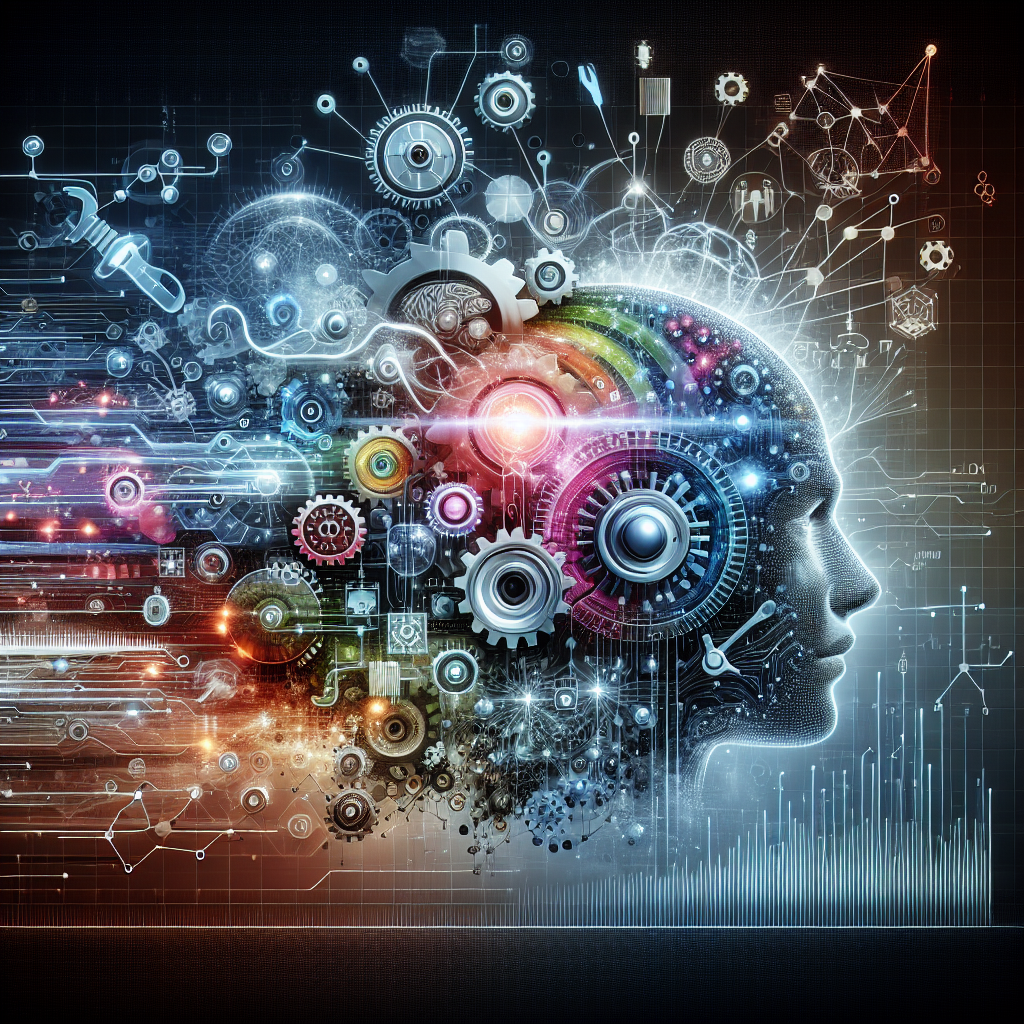Unleashing the Power of AGI: How Artificial General Intelligence Could Revolutionize Industries
Artificial General Intelligence (AGI) has long been a goal of the field of artificial intelligence. Unlike narrow AI, which is designed to perform specific tasks, AGI is meant to have the ability to understand and learn any intellectual task that a human being can. This level of intelligence could potentially revolutionize industries across the board, from healthcare to transportation to finance. In this article, we will explore the potential impact of AGI on various industries and how it could change the way we live and work.
What is Artificial General Intelligence?
Artificial General Intelligence refers to the development of machines that possess the ability to learn and understand any intellectual task that a human can. This goes beyond the capabilities of narrow AI, which is designed for specific tasks such as playing chess or recognizing images. AGI aims to create machines that can think, reason, and learn like a human being.
One of the key challenges in developing AGI is creating machines that can generalize their knowledge and apply it to new situations. This requires a deep understanding of how the human mind works and how we learn and adapt to new information. Researchers are working on developing algorithms and models that can mimic the way the human brain processes information and makes decisions.
The Potential Impact of AGI on Industries
1. Healthcare
One of the most promising applications of AGI in healthcare is in medical diagnosis and treatment. AGI-powered systems could analyze vast amounts of patient data and medical literature to provide accurate diagnoses and treatment recommendations. This could lead to faster and more accurate diagnoses, as well as personalized treatment plans tailored to each patient’s unique needs.
AGI could also revolutionize drug discovery by analyzing molecular structures and predicting how they will interact with the human body. This could lead to the development of new drugs that are more effective and have fewer side effects. Additionally, AGI could help healthcare providers optimize their workflows and improve patient outcomes by analyzing data from electronic health records and monitoring systems.
2. Transportation
AGI could have a major impact on the transportation industry by enabling the development of autonomous vehicles that can navigate complex environments and make split-second decisions. This could lead to safer and more efficient transportation systems, as well as reduced traffic congestion and emissions.
AGI-powered systems could also optimize logistics and supply chain management by analyzing data on shipping routes, inventory levels, and customer demand to minimize costs and maximize efficiency. This could lead to faster delivery times and lower prices for consumers.
3. Finance
In the finance industry, AGI could revolutionize trading and investment by analyzing market data and making predictions about future trends. AGI-powered systems could spot opportunities for profitable trades and manage investment portfolios to maximize returns.
AGI could also improve risk management by analyzing data on market conditions, economic indicators, and geopolitical events to assess potential threats to financial stability. This could help financial institutions make more informed decisions and avoid costly mistakes.
FAQs
Q: How close are we to achieving AGI?
A: While significant progress has been made in the field of artificial intelligence, true AGI is still a long way off. Researchers are still working on developing algorithms and models that can mimic the complexity of the human mind and its ability to learn and adapt to new information. It is difficult to predict when AGI will be achieved, but some experts believe it could happen within the next few decades.
Q: What are the ethical implications of AGI?
A: The development of AGI raises a number of ethical questions, such as how to ensure that machines make ethical decisions and how to prevent the misuse of AI technology. Researchers and policymakers are working on developing guidelines and regulations to address these concerns and ensure that AI is developed and used in a responsible manner.
Q: Will AGI lead to job loss?
A: While the development of AGI could lead to automation of certain tasks and jobs, it could also create new opportunities and industries. AGI-powered systems could augment human intelligence and help us solve complex problems that are beyond our current capabilities. It is important for policymakers and businesses to prepare for the potential impact of AGI on the workforce and develop strategies to ensure a smooth transition to the AI-powered future.
In conclusion, Artificial General Intelligence has the potential to revolutionize industries across the board by enabling machines to think, reason, and learn like humans. While achieving true AGI is still a long way off, researchers are making significant progress in developing algorithms and models that can mimic the complexity of the human mind. The potential impact of AGI on healthcare, transportation, finance, and other industries is vast, and it is important for policymakers and businesses to prepare for the AI-powered future.

